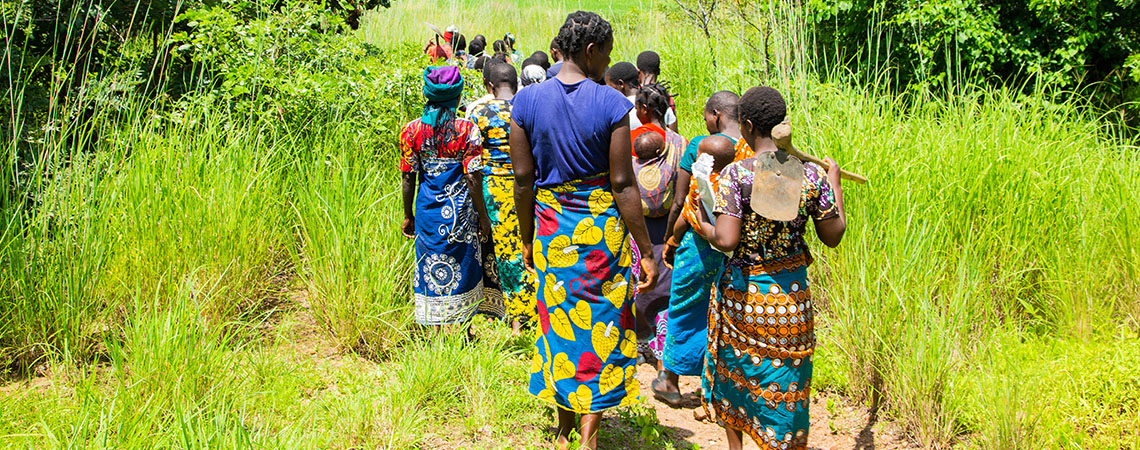
In the Bua River landscape in the Central Region of Malawi, increases in temperature, more frequent dry spells and drought, and increased rainfall variability driven by climate change have reduced agricultural production, and increased poverty and food-insecurity. Charcoal production and sales of wood are an important source of income and over-fishing is common, leading to accelerated deforestation, environmental degradation and deterioration of the unique ecosystems. The goods and services from these ecosystems on which these communities depend during times of stress have thereby been affected, creating a downward spiral exacerbated by climate change.
This 6-year project (2025 - 2031) will increase communities’ adaptive capacities and reduce vulnerabilities to climate change through integrated watershed-based approaches that partner with the private sector to rejuvenate agriculture and enhance investments in climate-resilient livelihoods.
The project strategy will also combine nature- and ecosystem-based approaches that build on traditional and indigenous knowledge.
- Community
- Municipality
- District
- National
- Country Office
- Local Governments
- National Governments
- Non-Governmental Organizations
- Private Sector Partners
- United Nations Development Programme (UNDP)
105,000 people (male: 46,200 male | female: 58,800)
- Malawi Ministry of Forestry and Natural Resources
- Global Environment Facility (GEF)
- United Nations Development Programme (UNDP)
Expected outcomes
Component 1: Strengthening capacities to support gender responsive grassroots interventions for climate change adaptation and governance of resources for long term resilience
Outcome 1: Strengthened technical capacities, policy implementation and governance in district and community based organisations for gender responsive climate change adaptation and resilience
Component 2: Supporting adoption of climate smart and nature-based solutions for climate resilient agriculture and ecosystems
Outcome 2: Restored and climate resilient natural and production landscapes in the upper catchment of the Bua watershed
Component 3: Strengthening private sector engagement for investments in economic value chains and climate resilient
Outcome 3: Enhanced public and private sector investment to strengthen market linkages and value chains
Component 4: Participatory planning and knowledge management for sustainability
Outcome 4: Effective and gender inclusive planning, knowledge sharing and adaptive learning for sustained resilience to climate change
- Image
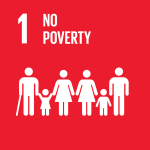
- Image
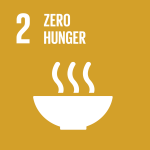
- Image
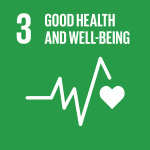
- Image
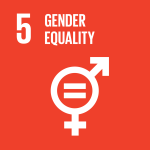
- Image
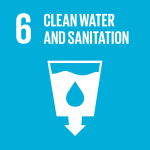
- Image
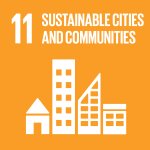
- Image

- Image
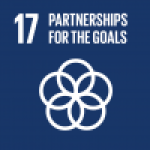
The Southern Africa region is among the most vulnerable regions in the world to climate change impacts and climate-related hazards. The number of droughts in the region has doubled in the past 20 years, while the number of floods has more than tripled (EM-DAT: The Emergency Events Database). Climate models project the region to experience increased temperature, changes in rainfall patterns, an increase in the intensity of cyclones and increased frequency and intensity of El Niño Southern Oscillation (ENSO) episodes. Climate-related and extreme weather events in this region are increasingly affecting the lives and livelihoods of the most vulnerable by impacting human health, economic growth, education, water supplies, food security and critical infrastructure.
Malawi, located in south-eastern Africa, faces increasing challenges owing to climate shocks, depleting natural resources, increased severity and frequency of weather-related hazards combined with a lack of preparedness among communities with limited capacity to cope and adapt. According to Malawi’s Updated NDC, the impacts of climate change cost Malawi at least 5% of its gross domestic product (GDP) each year. Productivity of several sectors of the economy directly or indirectly dependent on the agricultural sector have been affected. High levels of poverty, high rates of population growth, poor infrastructure and lack of appropriate skills and technology uptake further reduce the capacity of the population and environment to withstand and recover from increasingly frequent climate shocks.
Climate change further accentuates existing risks, particularly for vulnerable groups such as the rural and urban poor, small-scale farmers and internally displaced persons. Women and girls are disproportionately affected due to unequal access to productive assets, such as land and water, and under-representation in decision-making.
The National Forest Landscape Restoration Strategy (2017) reported an average annual deforestation rate of 0.5% from 2000 to 2015. In 2021, 14.7kha of natural forest was lost, equivalent to 5.21Mt of CO₂ emissions (GFW, ‘Malawi Deforestation Rates & Statistics’). Almost all households using solid fuels (firewood, charcoal, and crop residue) as the main fuel for cooking, the overwhelming dependence of the population on biomass for their energy needs is a major driver of forest degradation.
This project is aligned with the mandate of the National Adaptation Planning Framework in Malawi. It will contribute to:
i) improving community resilience to climate change through enhanced agricultural production, infrastructure development and disaster risk management;
ii) enhancing sustainable utilization of natural resources especially forest, water, fisheries and wildlife resources;
iii) improving environmental management especially soil and land management; and
iv) enhancing conservation and/ or restoration of biodiversity and ecosystems.
Thus, issues of resilience and adaptive capacity of communities to climate shocks, food security and biodiversity will increasingly play a key role in the sustainable growth of the economy and prosperity of the population of Malawi.
Component 1: Strengthening capacities to support gender responsive grassroots interventions for climate change adaptation and governance of resources for long term resilience
Outcome 1: Strengthened technical capacities, policy implementation and governance in district and community based organisations for gender responsive climate change adaptation and resilience
Output 1.1: Grassroots institutions strengthened for participatory and gender responsive implementation of policies and actions for climate change adaptation and management of natural resources
Output 1.2: Grassroots institutions trained and equipped with skills to restore, monitor, manage and sustainably use climate sensitive natural resources and habitats in a gender equitable manner
Output 1.3: Training provided to Government line departments working with communities to identify, evaluate and introduce climate resilient, financially viable, gender responsive and sustainable livelihoods in their work
Component 2: Supporting adoption of climate smart and nature-based solutions for climate resilient agriculture and ecosystems
Outcome 2: Restored and climate resilient natural and production landscapes in the upper catchment of the Bua watershed
Output 2.1: Protection and restoration works in the catchments and tributaries of Bua river and adjacent riparian areas and wetlands implemented for enhanced ecosystem services
Output 2.2: Improved agricultural practices, soil and water conservation and agroforestry in production landscapes
Component 3: Strengthening private sector engagement for investments in economic value chains and climate resilient
Outcome 3: Enhanced public and private sector investment to strengthen market linkages and value chains
Output 3.1: A private sector engagement facility established with new funding windows under the UNDP Growth Accelerator Platform.
Output 3.2: Partnerships established between private sector, communities and other stakeholders with specific attention to women owned and operated businesses
Output 3.3: Partnerships established with larger commercial agriculture, agro-processing, and ecotourism corporations for climate resilient livelihoods
Output 3.4: Technical assistance provided to the Malawi National Climate Change Fund (NCCF) to integrate and implement the private sector engagement facility
Component 4: Participatory planning and knowledge management for sustainability
Outcome 4: Effective and gender inclusive planning, knowledge sharing and adaptive learning for sustained resilience to climate change
Output 4.1: Comprehensive multi-disciplinary baselines established in sub-watersheds including participatory, gender-inclusive work-plans with detailed technical designs
Output 4.2: Platforms and multi-channel communications for knowledge sharing, uptake of lessons, awareness and behavioural change established, involving both men and women
Output 4.3: Plans developed for long term, self-reliant technical, institutional and financial sustainability
Dorine JN PAUL, Regional Technical Advisor, Climate Change Adaptation, UNDP dorine.jn.paul@undp.org



